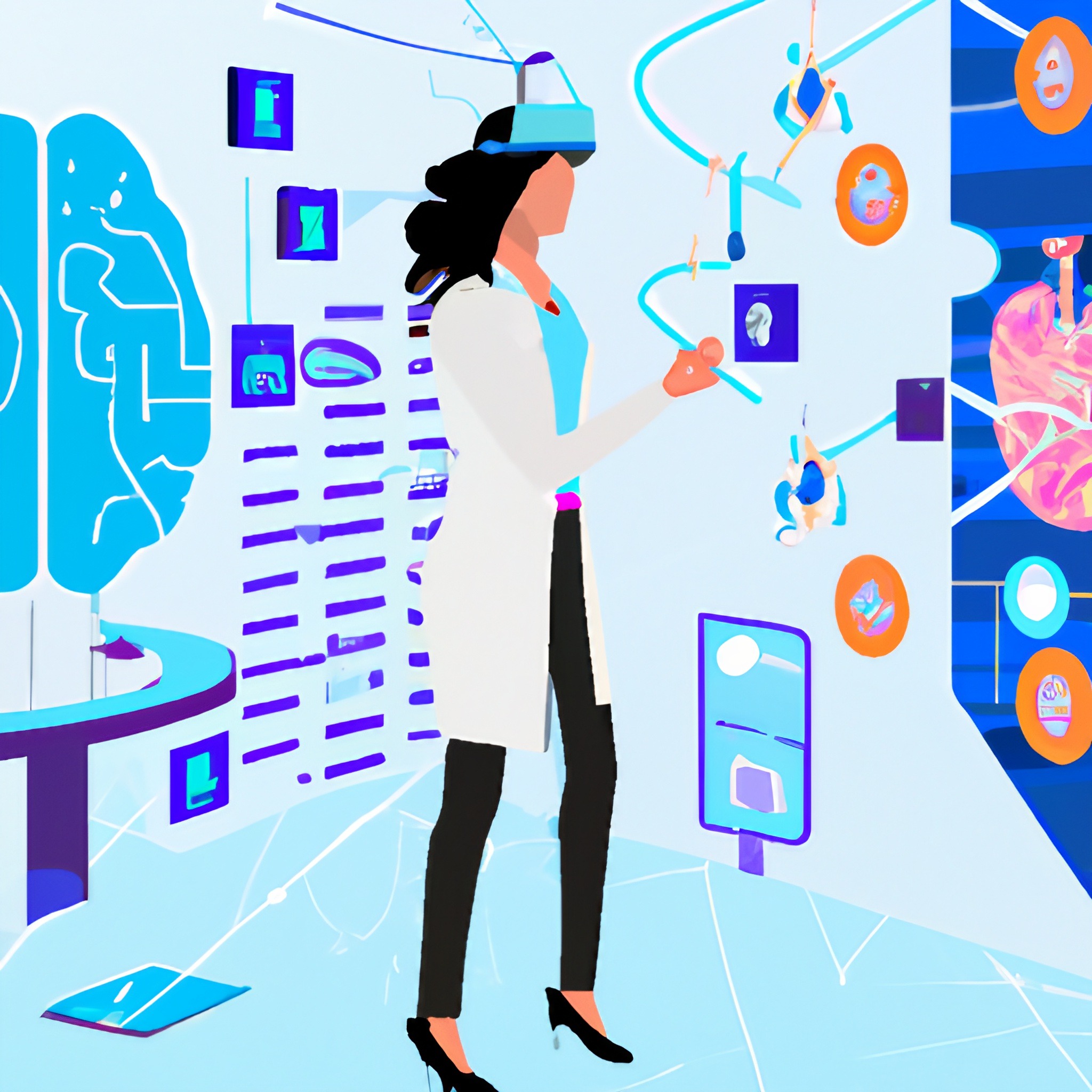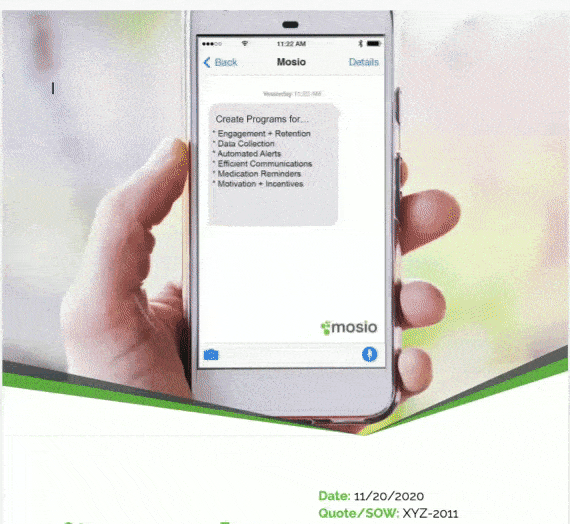As we move into the future of clinical trials, artificial intelligence (AI) is playing a more integral role than ever. AI enables more accurate analyses of data points, faster results that can provide improved accuracy compared to older methods and technology-driven improvements in identifying patterns within large datasets. In this 7 part series, we will explore how AI is revolutionizing the world of clinical research, from virtual trial design to patient recruitment and safety monitoring during trials through to post-marketing assessments for drug development teams. Alongside this information-rich series of blog posts – readers will gain all the necessary knowledge about AI’s impact on clinical trials that they need to be informed decision makers.
Part #1: Revolutionizing Clinical Trials: How AI is Streamlining the Drug Development Process
Part #2: How AI Can Improve Data Collection And Analysis In Clinical Trials
Part #3: The Ethical and Regulatory Considerations Surrounding the Use of AI in Clinical Trials
Part #4: How AI Can Be Used to Improve Patient Recruitment and Retention in Clinical Trials
Real-World Examples of AI Being Used to Improve Clinical Trial Design, Management, and Outcomes
With the development of artificial intelligence (AI) and its application in clinical trials, researchers have a powerful tool at their disposal. AI can be used to improve clinical trial design, management, and outcomes, allowing for more efficient use of resources while also providing more accurate results. In this blog post, we’ll explore some real-world examples of how AI is being used to make clinical trials faster, better, and more reliable.
Data Analytics with Machine Learning
One way AI is being used to improve clinical trials is through the use of machine learning algorithms that can analyze data from previous studies and predict outcomes for new studies. This can help speed up the process by reducing the need for human analysis and providing faster feedback on potential treatments or therapies. For example, a medical device company recently used machine learning algorithms to review patient data from past clinical trials and extract insights about efficacy and safety. This data was then used to inform decisions about future studies and ultimately helped facilitate quicker time-to-market for new treatments.
Personalized Medicine with Natural Language Processing (NLP)
Another way that AI is being used in clinical trials is through natural language processing (NLP). NLP algorithms are able to analyze large amounts of text data quickly and accurately, helping researchers identify patterns in written documents like patient records or medical histories. This information can then be used to develop personalized treatment plans based on individual patient needs—for example, identifying a specific drug that is most likely to provide effective treatment for a particular type of cancer patient—resulting in improved patient outcomes.
Real-Time Monitoring with Wearable Devices
Finally, AI is being leveraged in clinical trials through the use of wearable devices like smartwatches or fitness trackers. These devices are able to collect real-time data from patients such as heart rate or sleep patterns which can then be analyzed using AI algorithms. This information can be used by clinicians to monitor patient health throughout the duration of a study as well as detect adverse events before they become serious issues—all without requiring additional paperwork or testing from patients themselves.
Conclusion
It’s clear that artificial intelligence has already had an immense impact on the field of clinical research, helping researchers design more effective studies while also improving patient outcomes. As technology continues to advance, we will likely see even more applications for AI in this space—and these examples are just the beginning! By leveraging AI tools such as machine learning algorithms, natural language processing systems, and wearable devices, researchers have access to powerful tools that can help make their work easier while also improving results overall.
Communications automation is the future of clinical trials, happening now. Use Mosio mobile messaging software to improve engagement, adherence, and data collection in your clinical trials, available on every mobile device. Get a quote for any current or upcoming studies you have or contact us for a demo.
Note: The titles, content and artwork for the articles in this series were all created by AI.






